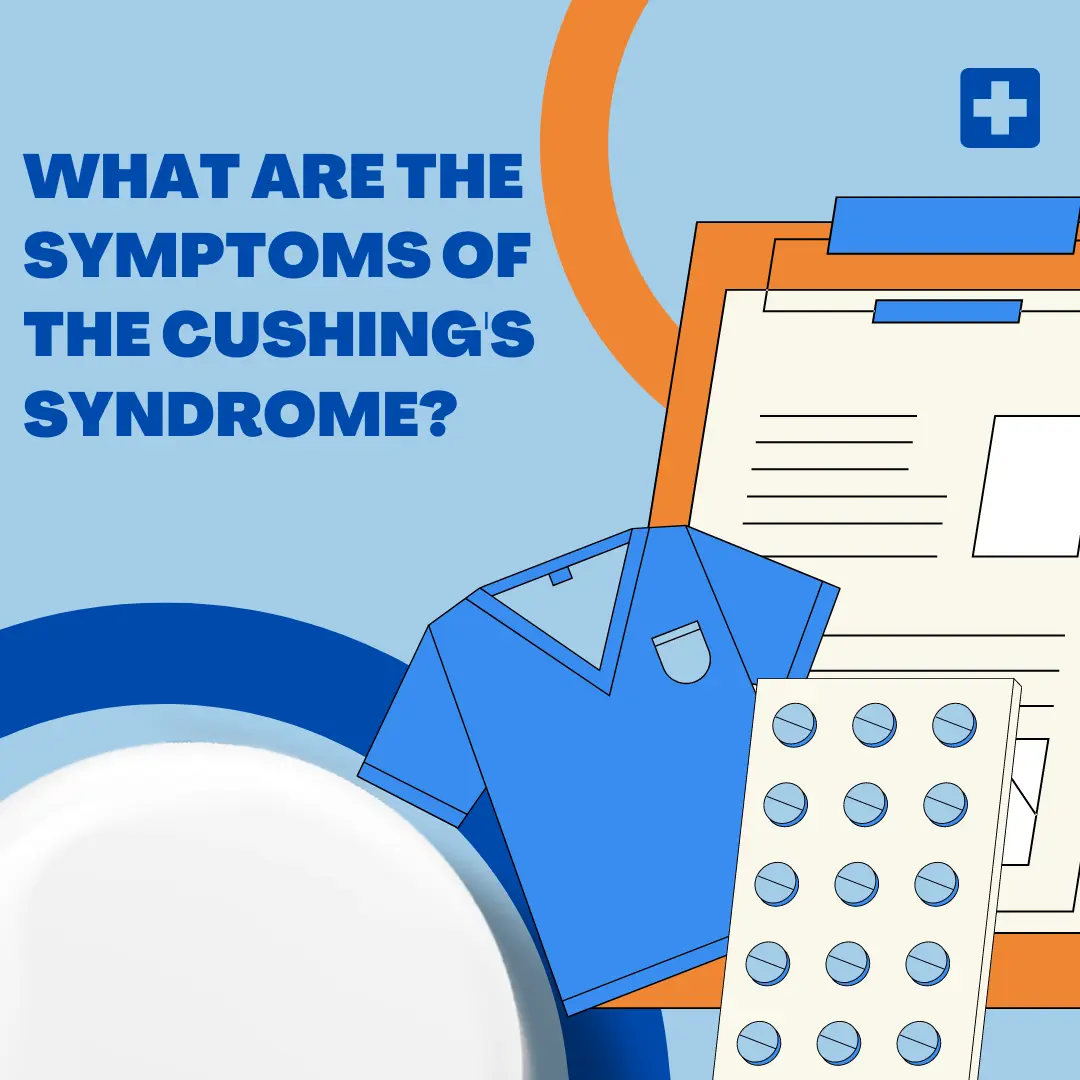
Cushing’s syndrome is a rare hormonal disease that occurs when the body’s tissues are exposed to high cortisol levels for an extended period. Cortisol is a hormone the adrenal glands produces that helps regulate various bodily functions, including metabolism, immune response, and stress management. While cortisol is essential for normal bodily functions, excess levels can lead to various health problems. In this blog, we’ll explore the symptoms of Cushing’s syndrome.
Also visit https://europepmc.org/article/med/22775352
Weight gain and Obesity

One of the most common symptoms of Cushing’s syndrome is weight gain, particularly around the abdomen, face, and neck. This weight gain often occurs rapidly and can be difficult to control through diet and exercise alone. Individuals with Cushing’s syndrome may also develop a round, moon-shaped face, often called a “buffalo hump.”
High blood pressure and diabetes
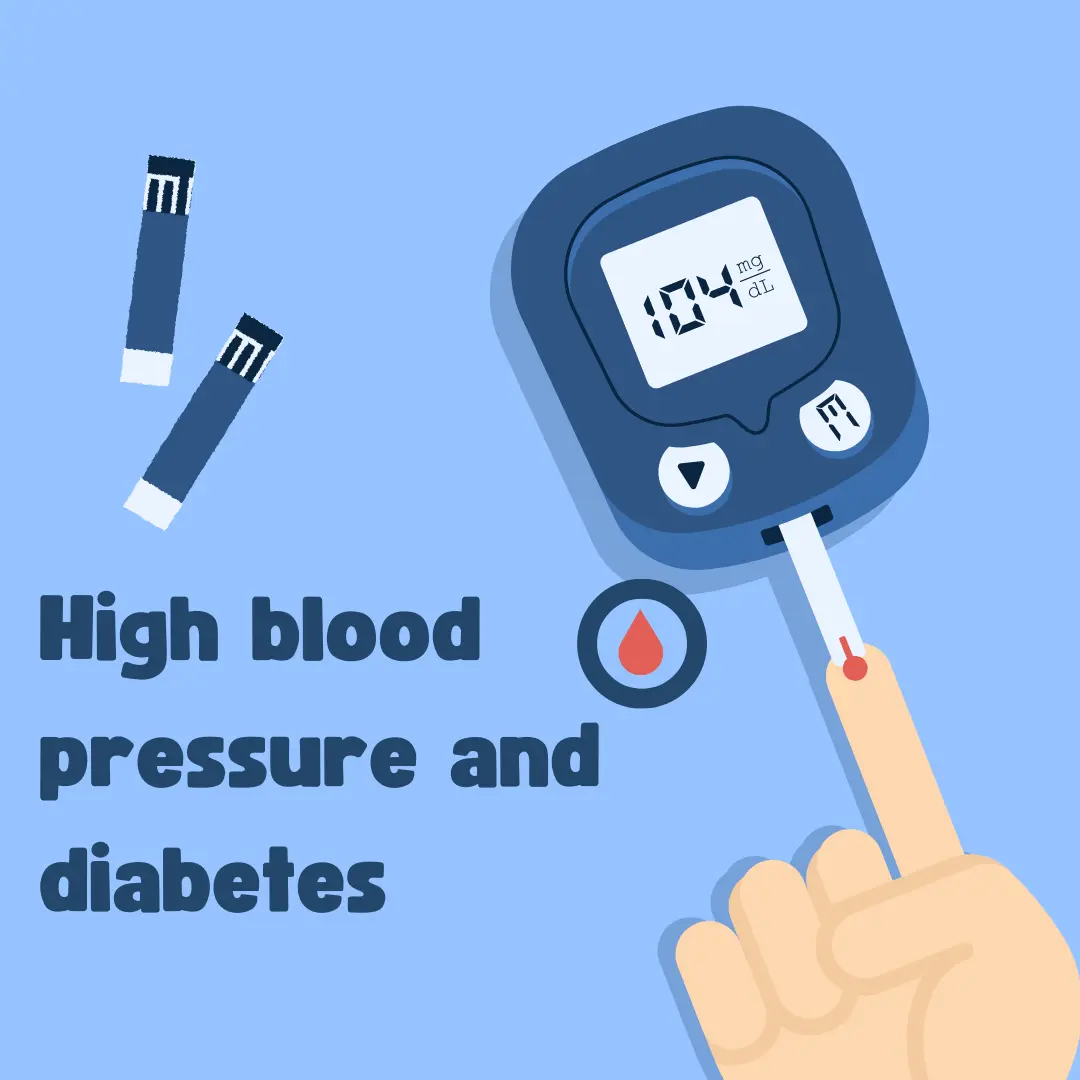
Cortisol plays a role in regulating blood pressure and blood sugar levels. When cortisol levels are too high for an extended period, it can lead to high blood pressure and diabetes. Individuals with Cushing’s syndrome may experience headaches, dizziness, and blurred vision, all associated with high blood pressure.
Muscle weakness and osteoporosis
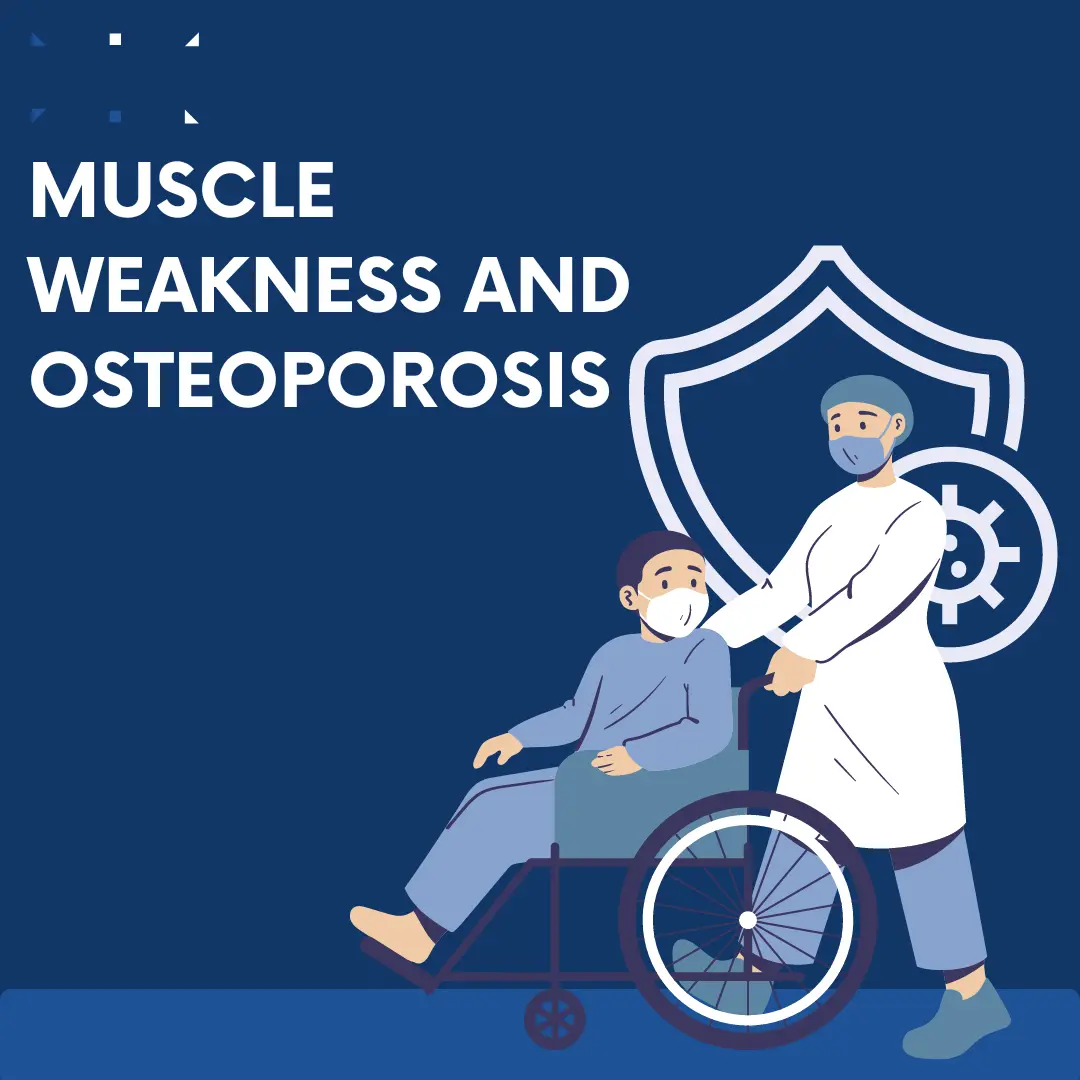
Excess cortisol can cause muscle weakness and atrophy, making it difficult to perform everyday tasks. It can also lead to osteoporosis, a situation where the bones become fragile and breakable, increasing the risk of fractures.
Is pre-osteoporosis a real condition?
Mood changes and cognitive impairment
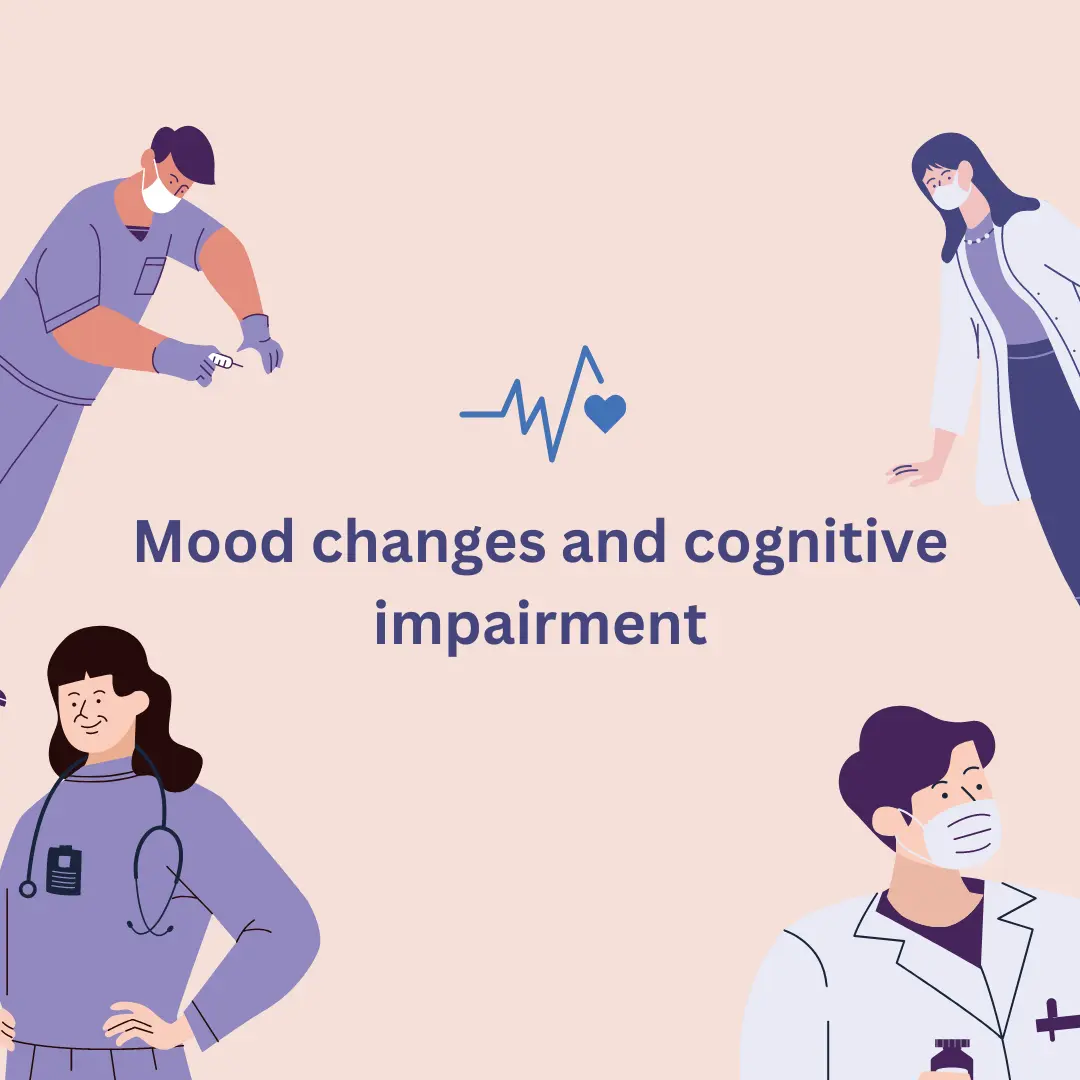
Cortisol affects brain function, and individuals with Cushing’s syndrome may experience mood changes, such as anxiety, depression, and irritability. They may also have difficulty concentrating and remembering things.
Skin changes and immune system suppression
Cortisol also affects the skin and immune system. Individuals with Cushing’s syndrome may experience thinning skin, easy bruising, and slow wound healing. They may also be more susceptible to infections due to suppressed immune function.
Menstrual irregularities and fertility problems
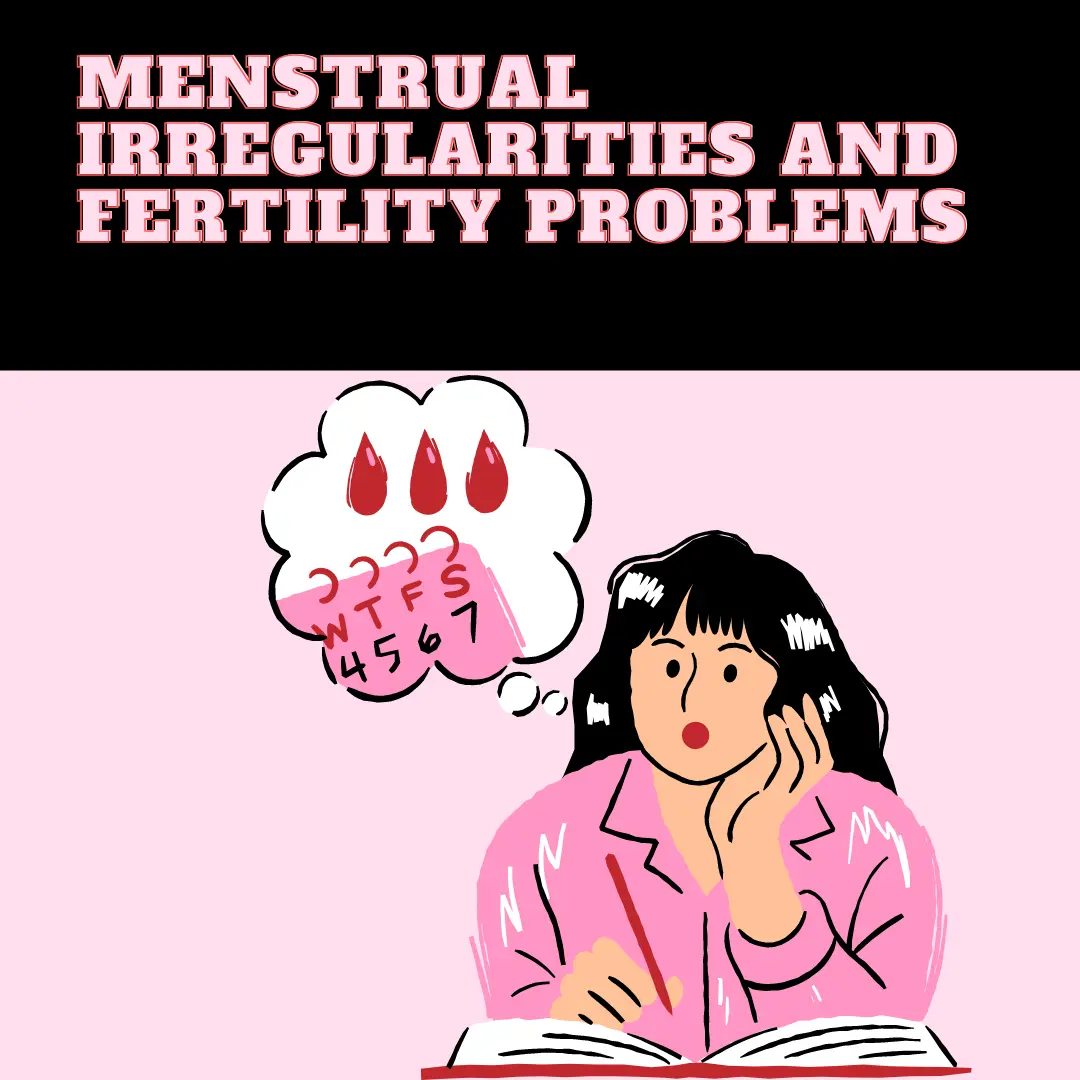
Women with Cushing’s syndrome may experience menstrual irregularities, including heavy or prolonged periods or no periods at all. Men may experience decreased fertility due to reduced testosterone levels.
Conclusion
In conclusion, Cushing’s syndrome is a complex condition that can cause many symptoms, including weight gain, high blood pressure, muscle weakness, mood changes, skin changes, and menstrual irregularities. If you or somebody you know is experiencing these symptoms, you must consult a healthcare professional for proper diagnosis and treatment.

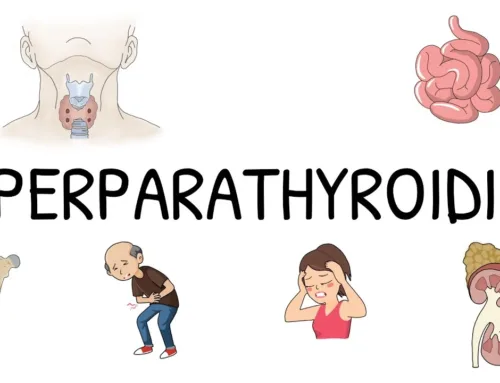


Leave A Comment